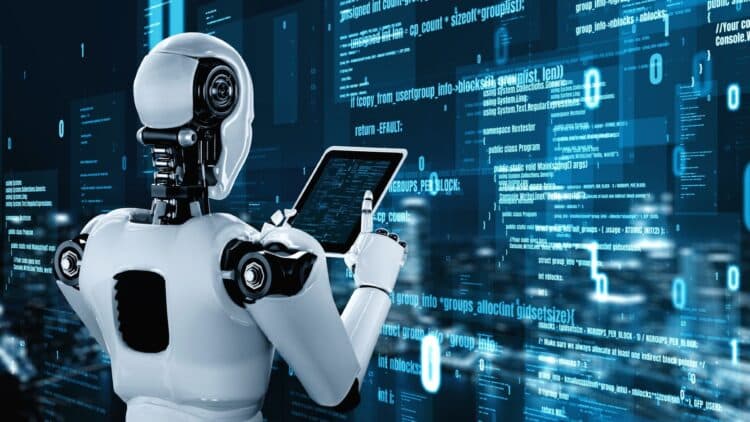Artificial intelligence (AI) has been recognized as a global challenge to be tackled by the United Nations for the first time, which changes international governance for the first time. This year, the general assembly has a focus on the world leaders and diplomats on how game-changing and disruptive the use of AI technologies can be. AI has been in a race to the top of the world ever since.
UN recognizes urgency around AI evolution
The quicker ChatGPT and other AI systems evolve in parallel to the level of technology, they are both exhilarating and worrisome. In the quest to create the next big thing, global tech enterprises use far-fetched measures, worrying experts who warn of consequences such as job loss, violence, controlled disease outbreaks, and more.
They have recognized the urgency. They are currently in the process of approving a resolution on the establishment of a Global Forum of AI governance and an Independent Scientific Panel of AI experts. They are proactively trying to counterbalance the use of AI in an unethical way, as it conflicts with Human Rights and world peace.
The application of AI within international law, while keeping and preventing conflicts, is something that is of interest to the Security Council. It also has plans to address the matter with the help of its Secretary-General. Along with the rest of the world, they plan to address foreign relations regarding AI and help shape the world in a better direction.
AI and the global economy in focus at the summit
While the AI orchestrations take place, the world economic realities have drastically changed. Recent disruptions to the world economy, such as international trade tensions and soaring inflation, have led the world economy to expect the impossible. Creating projections of this sort is the responsibility of the OECD. One of the growing concerns of the United Nations is to address the emergent undemocratic models of governing Artificial Intelligence, focusing instead on promoting more open, inclusive models.
Many underdeveloped countries do not have the infrastructure, skills, and regulations to manage the rapid development of AI technology. This absence of development could make the gap in global inequalities wider and subject underdeveloped populations to technological abuse.
In this regard, the United Nations has actively promoted building the necessary infrastructure, sharing knowledge, and providing the necessary AI technologies, systems, and tools. A central purpose of the Global Forum is to help fulfil this mission by promoting fair AI development and technological transfer across countries and industries.
Ethical and security issues with a defining moment for global cooperation
AI technologies raise critical questions in ethics and security, as well as other socio-economic and cultural impacts of technological development. How do we prevent the use of AI technologies in warfare, surveillance, and social control? How do we guarantee accountability and the loss of governance of the technology?
The UN is taking new AI concerns seriously with a multilateral approach
The Independent Scientific Panel will have to examine these emerging challenges, provide the appropriate technological governance, and make recommendations for countries to follow. Other civil society institutions are pushing the United Nations to ensure the value of human rights and fundamental democratic principles in the governance of AI technologies. The global challenges agenda of the United Nations has, for the first time, focused on the impact of artificial intelligence, and this inclusion is seen as a significant development in the global approach to technology.
To shape AI’s future, and as part of new governance initiatives, the United Nations has dedicated itself to multilateralism, and so it can be called the Author of the AI revolution. The next few months are vital. Will this energy be turned into tangible results, or is the world going to continue to chase policies that are monumentally lagging behind technology?


